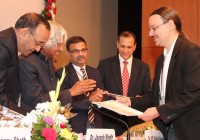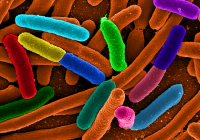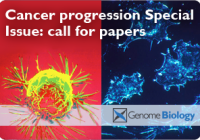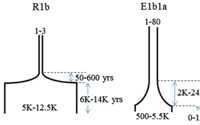The RBPome: unlocking a new layer in gene regulation
In 2012, Genome Biology joined with a number of other journals to publish articles describing the ENCODE project, which set out to catalog how proteins bind to the genome in order to regulate transcription. With a similar goal, we published a special issue focused on epigenomics, which looked at both DNA-bound proteins and epigenetic modifications… Read more »








